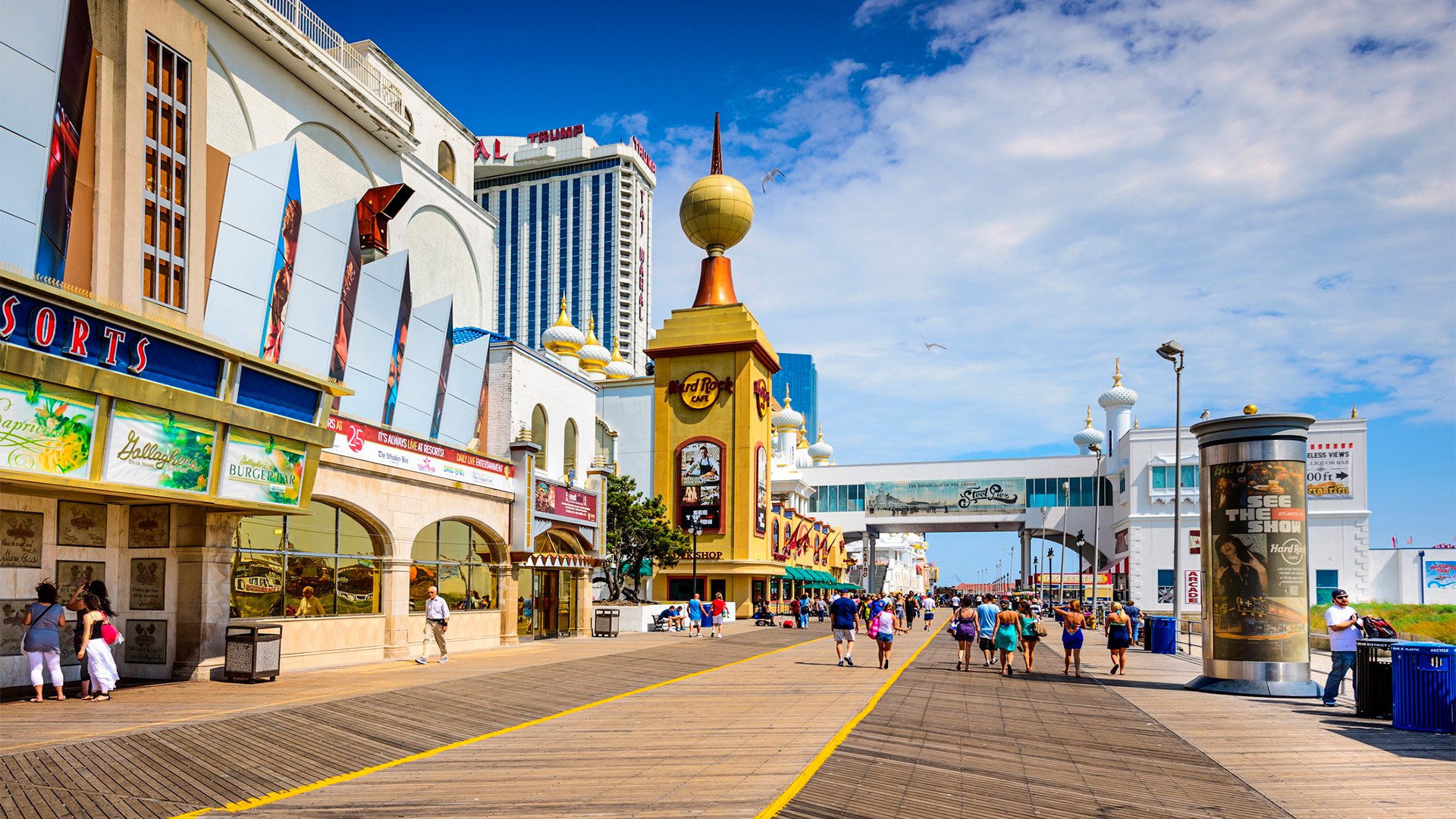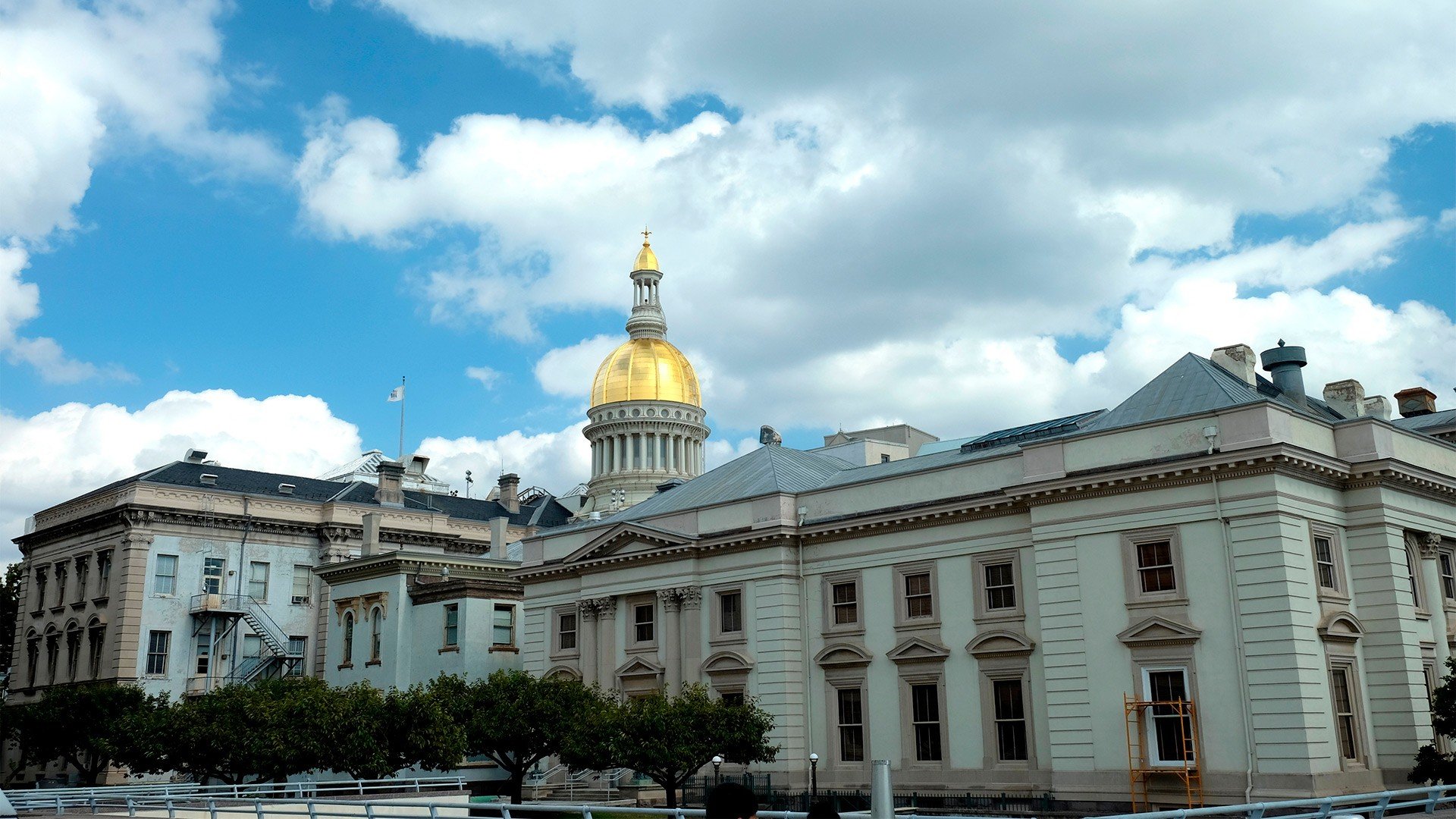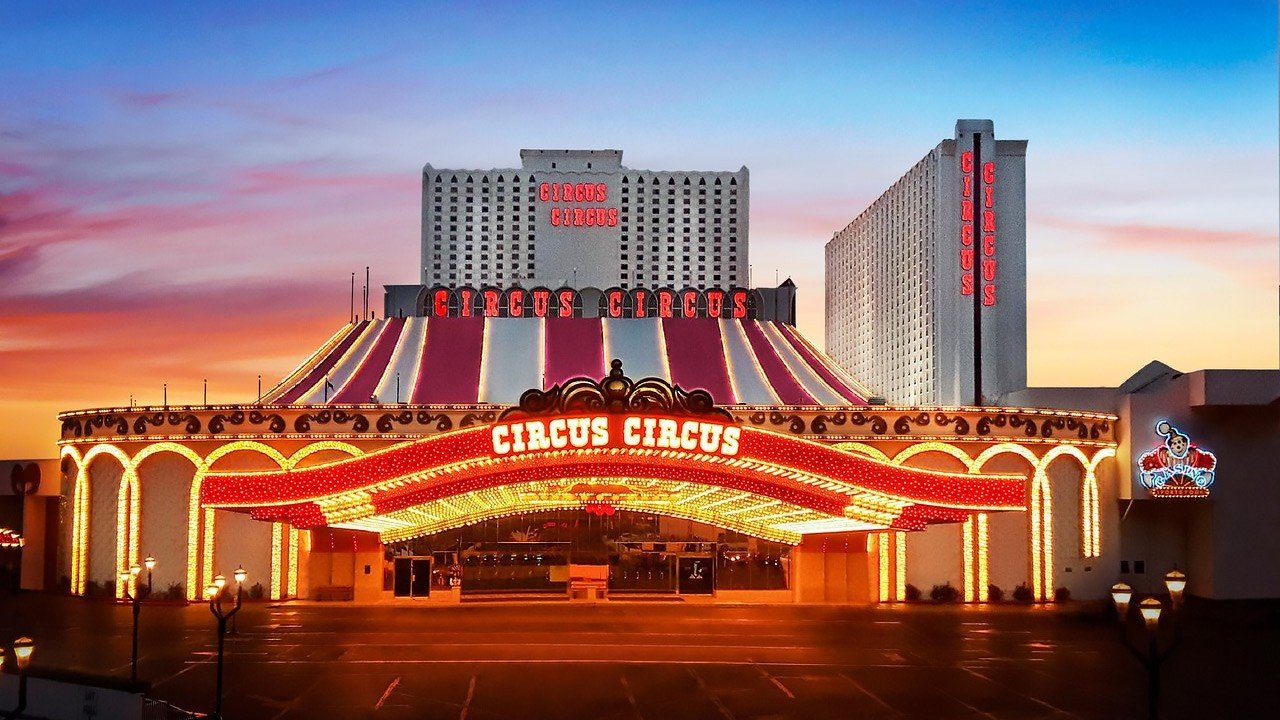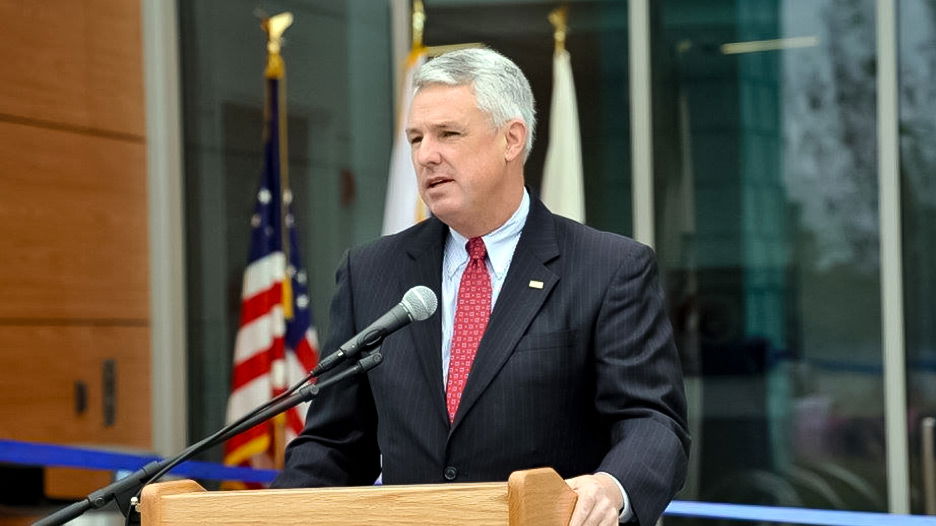Atlantic City casino dealers' union urges lawmakers to ban smoking as bills await committee hearings

The union that represents casino dealers in Atlantic City is calling on New Jersey lawmakers to prohibit smoking in casinos in the popular tourism destination, thus backing a casino smoking ban proposal that has been gaining momentum in the legislature as of late.
In a letter to state legislators, United Auto Workers (UAW) asked them to hold hearings on legislation that would close a loophole in state law, which eliminated smoking in all New Jersey workplaces sixteen years ago while specifically exempting casinos and simulcasting facilities.
“Our members include dealers who sit inches away from patrons who blow smoke directly into their face for eight hours a day, every single day,” reads the letter, retrieved by Associated Press. The letter speaks on behalf of workers at Caesars, Bally’s and Tropicana, and was made public on Thursday.
“It is simply unacceptable knowing what we know about the dangers of secondhand smoke,” the letter continues. “No worker in the state of NJ should be forced to breathe cancer-causing chemicals every single day.” The UAW represents more than 1,200 workers in Atlantic City casinos.
The letter follows efforts earlier this month by hundreds of casino workers united under the group Casino Employees Against Smoking’s (Harmful) Effects (C.E.A.S.E.), who called on state Lawmakers to introduce the ban as part of a massive rally during the anniversary week of the original Smokefree Air Act.

But while the UAW's decision to back the ban is in line with C.E.A.S.E., it differentiates from that of the other major casino workers’ union in Atlantic City. Also through a letter, sent to state Senate President Nicholas Scutari, the Local 54 of the Unite Here casino workers union has urged not to greenlight the prohibition.
Bob McDevitt, president of Local 54 of the Unite Here union, argued in the statement that a ban would mean “lost jobs for our union and throughout the state” and lost tax revenues and less money for senior programs, further reports AP.
This reasoning is in line with the state’s gaming industry’s view, which has repeatedly shown concerns that a ban could lead to decreased profitability and fewer jobs at a crucial time for Atlantic City casinos. Casino interests argue venues are not only trying to regain lost business from the pandemic but also seeking to maintain a competitive edge as New York City moves to open additional casinos.
According to a report from research and professional services firm Spectrum Gaming Group, commissioned by the Casino Association of New Jersey (CANJ), the introduction of a permanent smoking ban in Atlantic City casinos could cost up to 2,500 jobs and cause a decline in gaming and tax revenue for the state of New Jersey. “Adding a smoking ban could cause a devastating effect to the community and state,” CANJ president Joe Lupo stated in February.
CANJ president Joe Lupo
The UAW rejected these arguments in its letter, referring to them as “scare tactics” employed by casinos, while noting that nothing is “scarier” than the health risks of being repeatedly exposed to secondhand smoke.
Casino workers in favor of the smoking ban have also long disputed the CANJ’s projections by arguing the report did not take into account the possibility that gamblers put off by the smoking ban might return in subsequent years as they adjusted to a new smoke-free situation.
Atlantic City casino workers have long pushed for this permanent ban. While smoking within venues was banned as a Covid-19 transmission-prevention measure in 2020, the prohibition expired in April 2021: employees have since tried to get it reinstated.

Most recent reports indicated the ban proposal has been gaining momentum in the legislature; continuing to earn sponsors. The plan has more than 40 sponsors and co-sponsors across the Senate and Assembly, while the tally was 15 during the 2020-2021 legislative session.
Additionally, New Jersey’s Democratic governor Phil Murphy has said he would sign the ban should it pass. The UAW, and many workers, believe this might be the case: “We are certain they will pass,” the United Auto Workers wrote in its letter.
However, and despite the reported bipartisan support and the ongoing push from casino workers, the bills are still pending in both the state Assembly and Senate: neither has yet had a committee hearing. Meanwhile, the legislation keeps generating debate among supporters and opponents.


















































